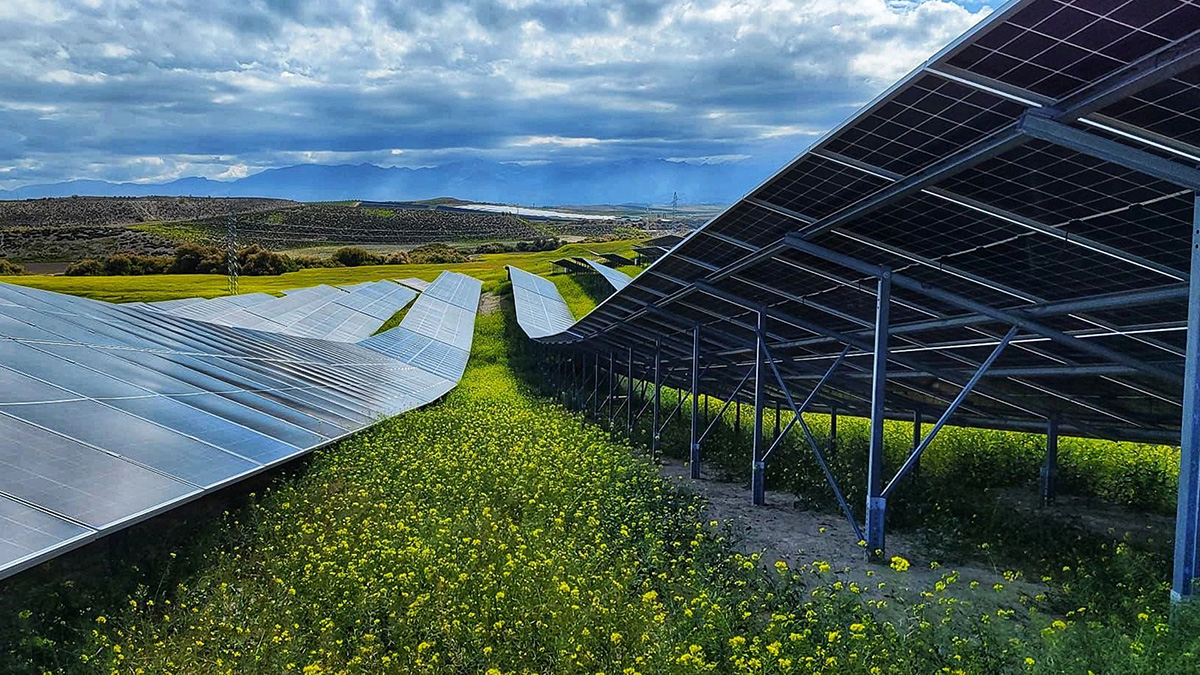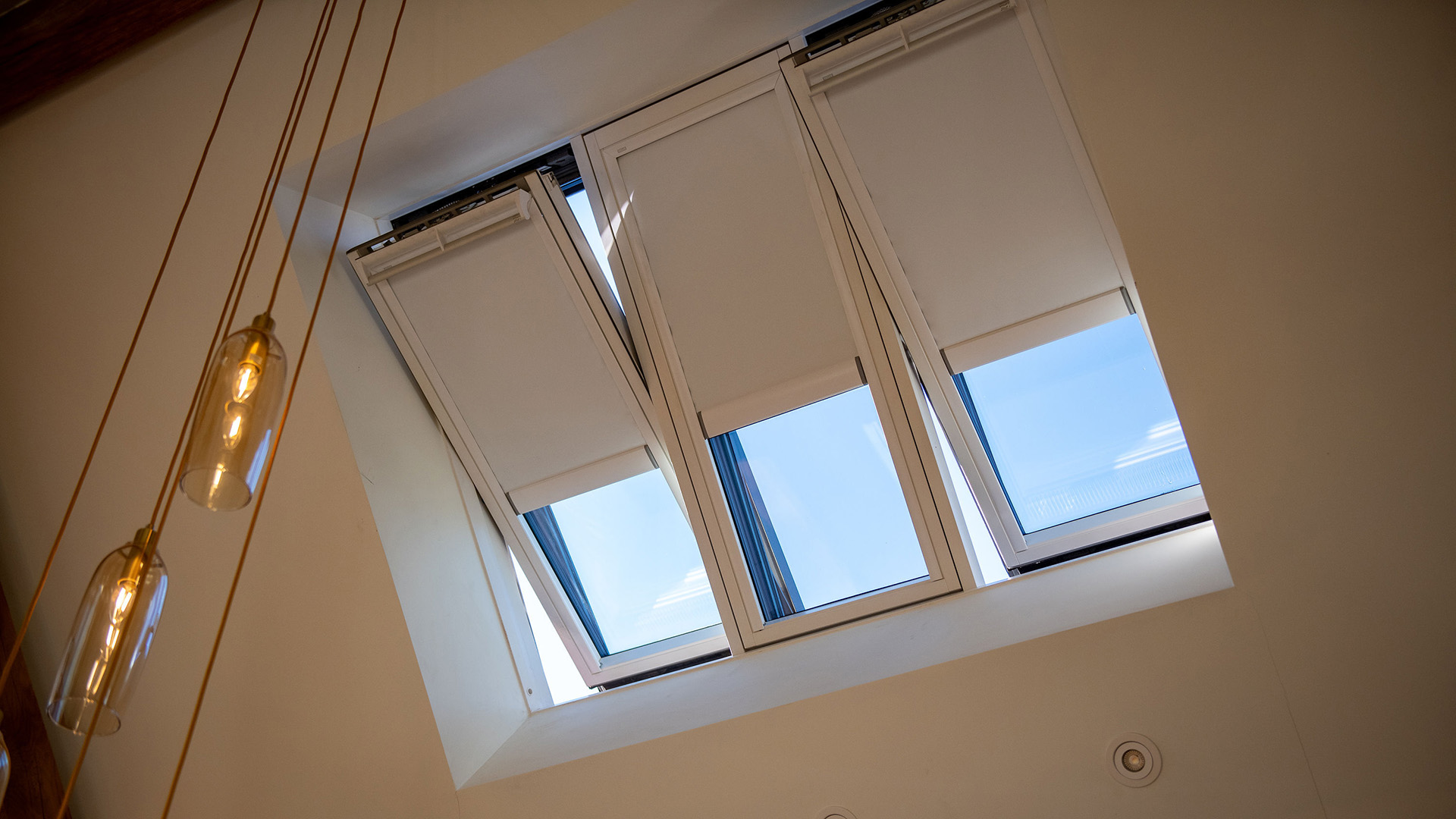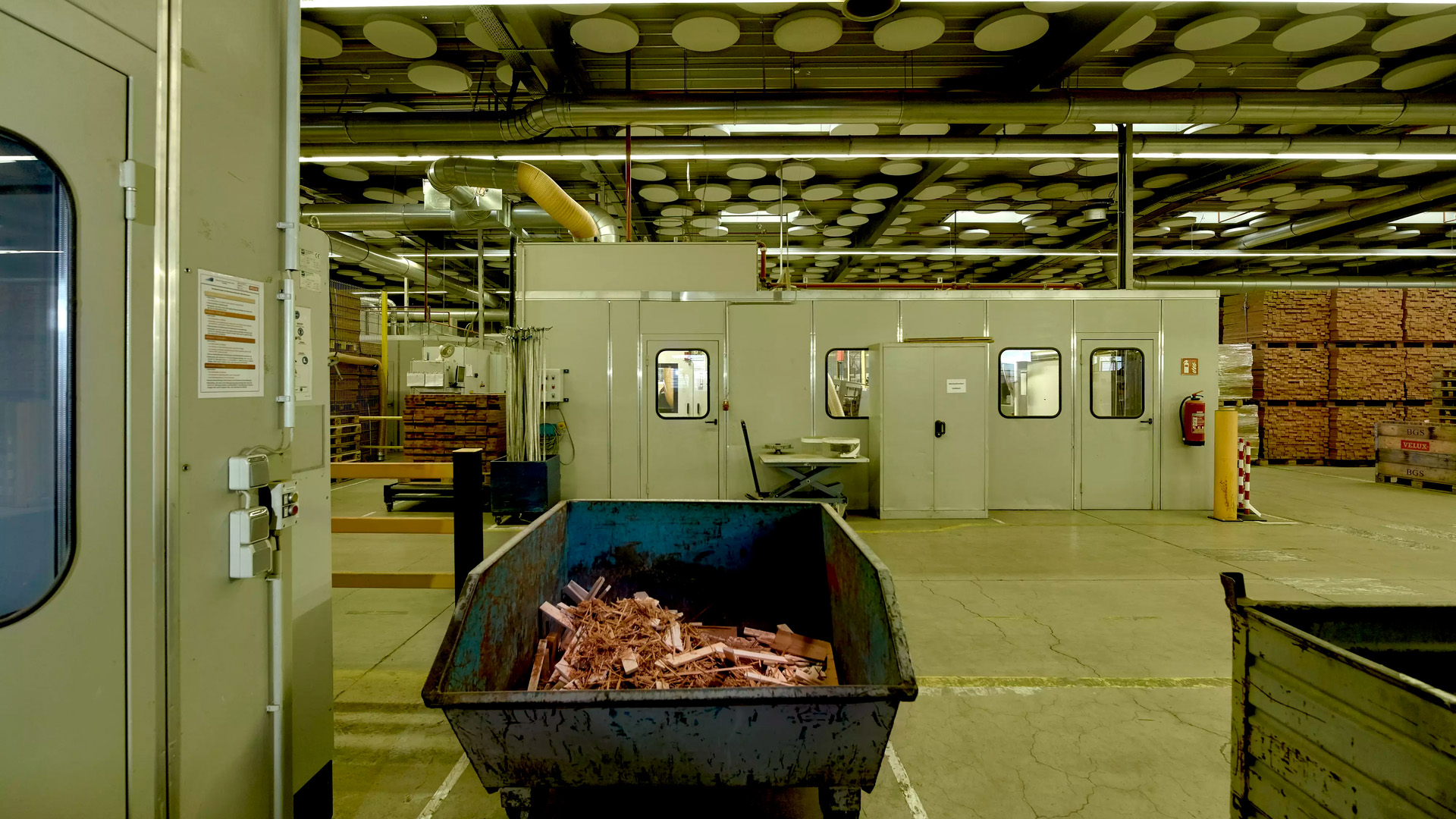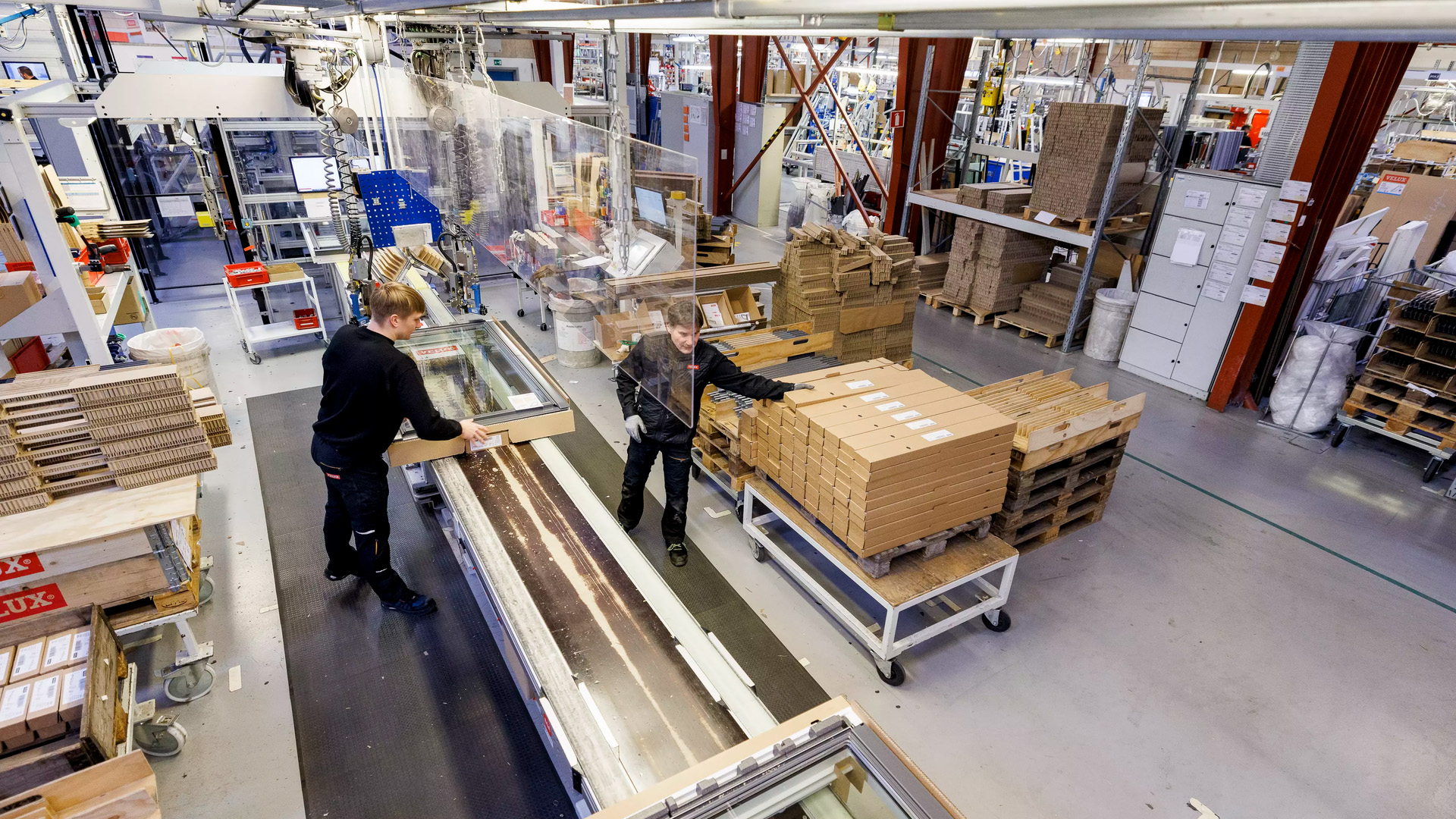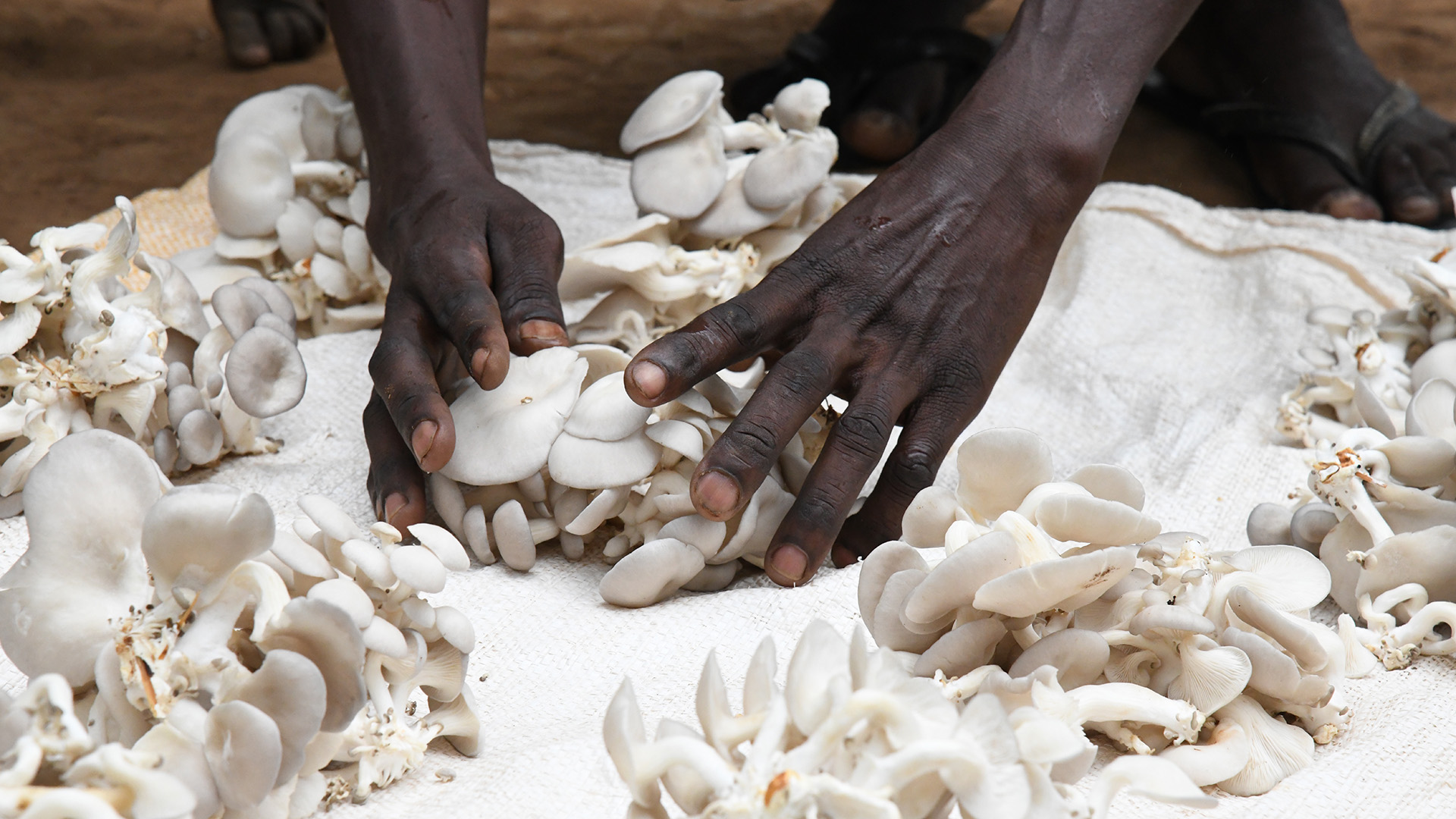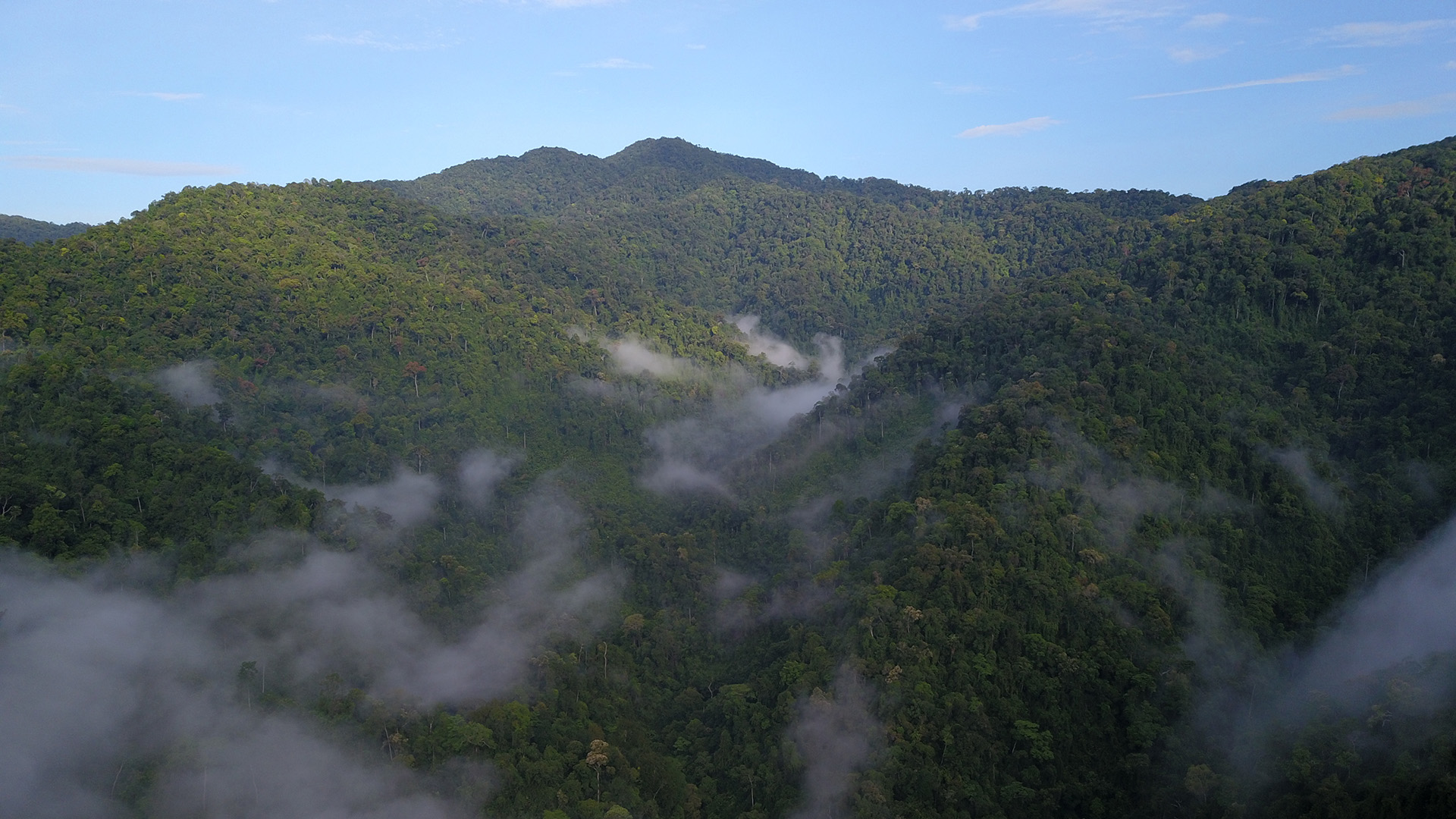The VELUX Group has financed two new forest conservation and restoration projects in Viet Nam and Madagascar. Like the first forest project in Uganda launched in 2021, these projects are being developed and delivered by the World Wide Fund for Nature (WWF).
This is an important milestone towards delivering on our target to reduce and remove the equivalent of our historical emissions from our operations since we were founded in 1941 and up until 2041 – our 100th anniversary.
Two very different landscapes
The two additional forest projects are designed to stop deforestation and restore natural forests in key biodiversity hot spots. They have been selected based on their climate mitigation impact potential, as well as the long-term sustainability of each project.
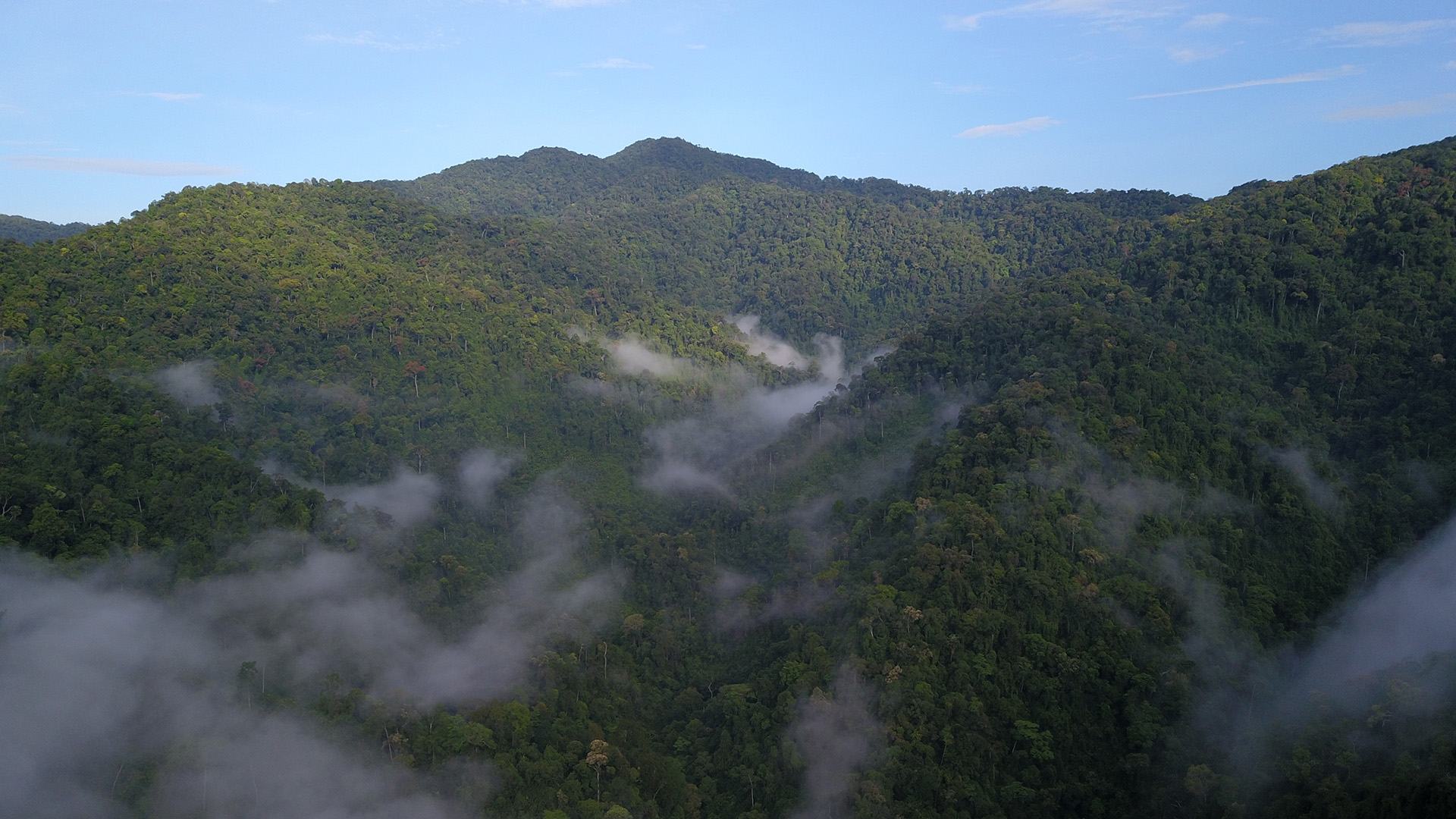 Photo: Nguyen Ngoc Quang, WWF-Viet Nam
Photo: Nguyen Ngoc Quang, WWF-Viet NamVIET NAM
Project overview
- Central Annamites Landscape, Viet Nam
- Type of landscape: Tropical forest
- Estimated carbon reductions and removals: 2 million tonnes CO2
- Project goals: Reduce emissions from deforestation and degradation, increase biodiversity and improve community well-being.
Protecting valuable biodiversity
In the mountainous Central Annamites Landscape, the Tay Giang district is home to numerous high-conservation value tree species and medicinal herbs and over 445 species of terrestrial vertebrates. However, over the years, what was once a vast natural forest has been replaced by plantations and agriculture. Biodiversity is further threatened by forest land encroachment, illegal logging, over-exploitation of non-timber forest products, and infrastructure development.
This new project is expected to deliver benefits for people, nature, and climate through a mix of interventions that address the main drivers of deforestation and forest degradation. It will also improve conditions for biodiversity by reducing poaching and snaring and improving and increasing forest cover.
At the same time, the project also aims to improve community livelihoods by focusing on the production and sale of non-timber forest products, such as sustainably produced indigenous medicinal products, bee products, and wild vegetables. To encourage greater ownership of the project among local people, participating communities will be paid by the forest owners to take part in sustainable forest management activities.
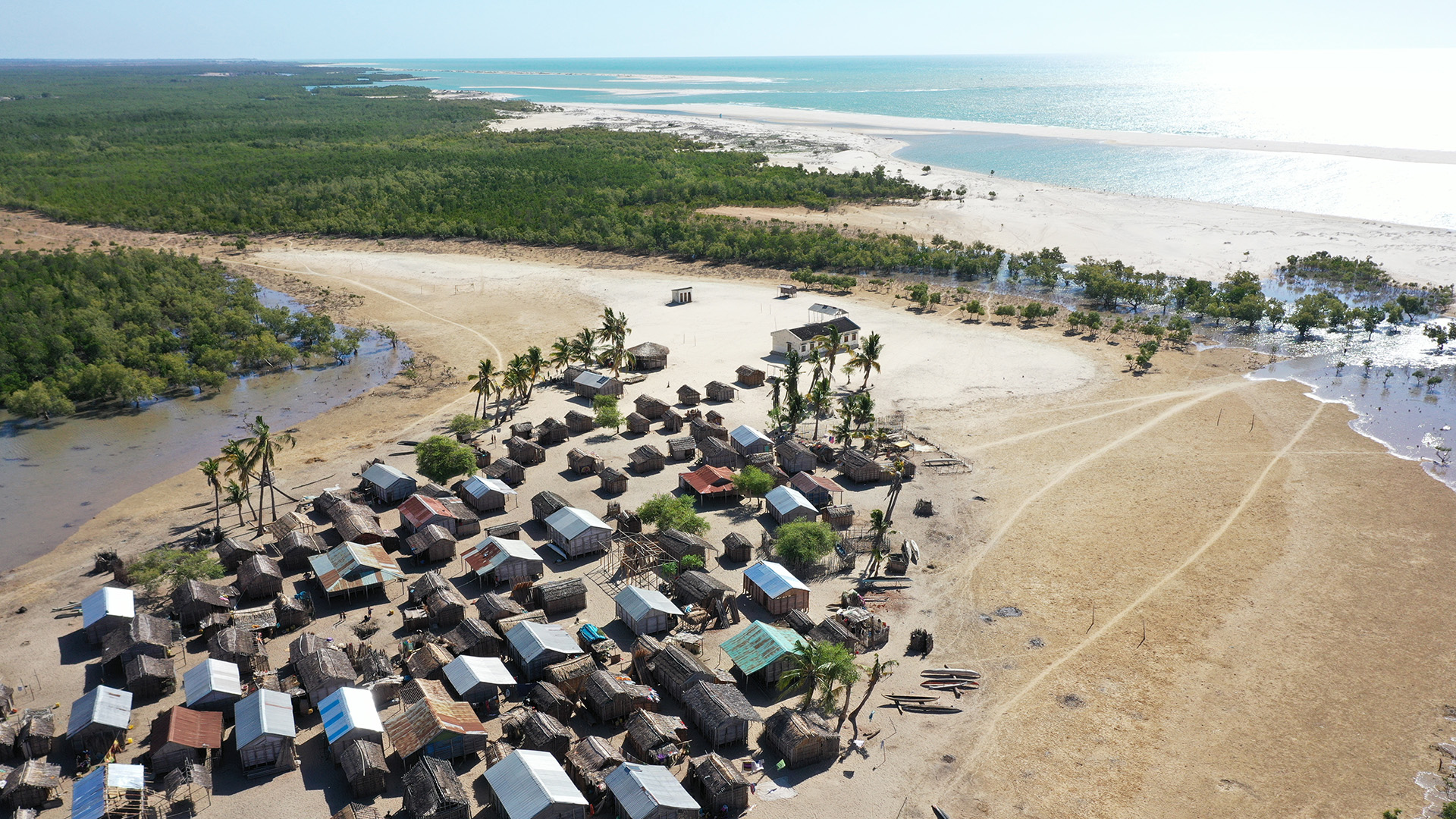 Photo: Tojo Rasolozaka, WWF-Madagascar
Photo: Tojo Rasolozaka, WWF-MadagascarMADAGASCAR
Project overview
- Manambolo-Tsiribihina landscape in western Madagascar
- Type of landscape: Mangrove forest
- Estimated carbon reductions and removals: 0.5 million tonnes CO2
- Project goals: Increased mangrove area and carbon stock, improved biodiversity, and increased resilience of local communities in the Manambolo-Tsiribihina landscape
Creating resilient ecosystems
Thousands of kilometres from the forests of Viet Nam, in Manambolo-Tsiribihina landscape in western Madagascar, WWF is working on a project to preserve and increase the mangrove ecosystems. This area has been classified as a wetland of international importance owing to its exceptional and unique coastal diversity.
The coastal mangroves in Tsiribhina are critical for supporting small-scale fisheries and crab fishing, which provide food for the local population. They also protect the area from the impact of the storms and cyclones that affect the island. However, these precious ecosystems are currently under significant pressure and the area’s natural resources are being depleted due to agricultural expansion, uncontrolled logging for wood and charcoal production and unsustainable fishing practices.
Together with local communities and community-based organisations, the project aims to protect mangroves and related hydrological systems and restore degraded and deforested areas. This will contribute to the long-term preservation of the mangrove ecosystems, which are the largest and most intact collection of mangroves in Madagascar.
“The adaption of the Kunming-Montreal Agreement, committing the world to haltering and reversing biodiversity loss by 2030, provides hope, and partnerships such as the one between VELUX and WWF show the way forward,” says Bo Øksnebjerg, Secretary General, WWF Denmark.
RELATED CASE
The WWF/VELUX Forest Project in Uganda
In addition to these new projects, WWF is already supporting the VELUX Group with the first forest project in Uganda. The partnership's first forest project is located in Uganda. Kagombe, one of the Central Forest Reserves targeted in the forest project, has seen a deforestation rate of 73% in the past decade.
Find out more about the forest project in Uganda.
Watch the video

